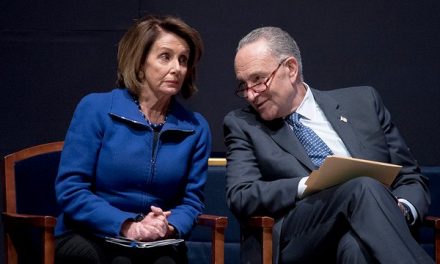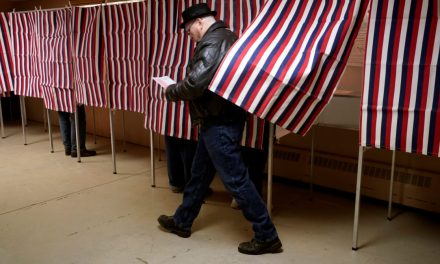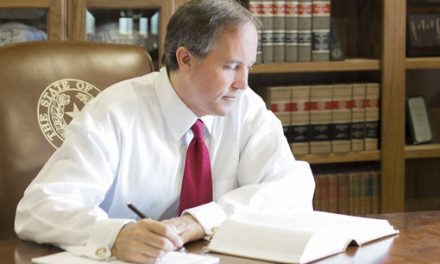.
BAGHDAD (Christian Science Monitor) – Secular Muslim politician Ayad Allawi won Iraq’s landmark parliamentary election by just two seats, defeating incumbent Prime Minister Nouri al Maliki, who immediately repeated his demands for a recount and warned that the outcome “is not final.”
Allawi’s Iraqiya coalition won 91 of the next parliament’s 325 seats, compared to 89 for Maliki’s State of Law alliance, according to Iraq’s independent election commission. It was unclear who won the popular vote in the March 7 election, but Iraq’s electoral law says the coalition that wins the province-by-province seat count is the one that will form the next government.
Complicated quota system helps put Iraqi women in parliament
UPDATE below the fold: Maliki Is Challenging the Vote
CAIRO (AP) – The challenge by Iraq’s Shiite prime minister to election results that showed him coming in a close second to his chief rival — Sunni-backed Ayad Allawi — is a risky tactic.
If Nouri al-Maliki succeeds in his attempt to block the secular Shiite Allawi from forming a coalition government, it would leave the minority Sunni Arabs seething. That could undermine the credibility of Iraq’s nascent democracy and unleash a new bout of sectarian violence just as the U.S. is preparing to pull all its troops out of the country.
Al-Maliki followed his challenge of the results by seeking court rulings and other maneuvers aimed at securing a second term for himself and maintaining the political dominance of religious Shiite parties.
Iraqi analyst Kadhum al-Muqdadi said such a partnership would disappoint Iraqis who wanted to see change through Allawi. “It will mean four more years of the same faces, same political situation and same approach.”
Al-Maliki also appears to be trying to change the rules of the game in his favor.
BANNING IRAQIYA POLITICIANS
The prime minister also said he would demand that several Iraqiya candidates elected to parliament be disqualified for their suspected ties to Saddam Hussein’s Baathist regime, another move that raised the sectarian tensions.
Hundreds of candidates, many of them Sunni and including senior Iraqiya politicians, had already been barred by a Shiite-led committee from running because of their alleged links to Saddam’s regime.
"But I will not let myself be reduced to silence."

![Iraq Election Upset Victory Challenger Ayad Allawi [Update]](https://progresspond.com/wp-content/uploads/2019/04/Elections-1280x640.jpg)






